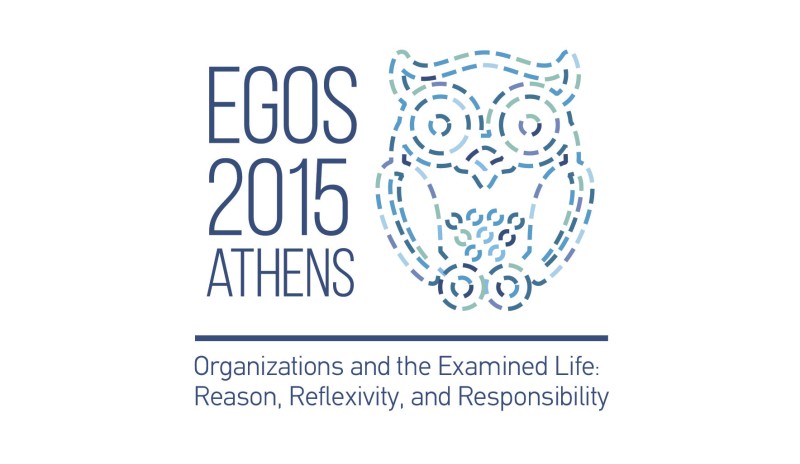Sub-theme 07: (SWG) Institutions and Identities
Call for Papers
Identity is core concept as well as a key focal point for empirical analysis in institutional theory. It was part
of the very early formulations of institutional theory by Selznick (1957), Berger & Luckmann (1966), DiMaggio & Powell
(1983), and Zucker (1983), who all held that institutionalization involves the production of identities, both individual and
organizational. Glynn (2008) convincingly asserts that the recent interest in identity within institutional theory is not
surprising for albeit the different analytic aims of each, identity and institutional theories both take into account the
role of meaning in constructing organizations and organizational practices; and, both take interest in issues of legitimacy,
although on different levels of analysis.
The recent empirical studies that combine and theorize the concepts
of institutions and identity have been focusing on two central lines of research. First, scholars document the production
of individual and organizational identities as an outcome of institutional pressures in mature and merging fields, especially
those characterized by multiple and conflicting logics. Second, scholars conceptualize identity not only as an outcome of
institutional pressures but as the mechanism of institutional work by which institutions are established, maintained and transformed.
Despite these impressive lines of research, the concept of identity is still quite under-theorized within institutional
theory. A central unresolved issue is the epistemological status of identity. While many institutional scholars refer to identity
as both a conceptual and an empirical construct, the distinction between the two is at times quite blurred. Identity appears
in various contexts and levels of analysis without explicating its role. Many scholars seem to refer to identity as a descriptive
rather than an analytical construct. In some research, identity is hardly defined, and scholars use it as if its meanings
and dynamics are given and self-evident. As in other disciplinary discourses, "identity" may thus mean too much, too little,
or nothing at all. Moreover, the concept of identity and its tangled relations to institutional processes is frequently left
unexplored. More often than not, "identity" is left outside the set of notions the researcher explicitly articulates and problematizes.
This sub-theme 07 attempts to unpack "identity" in institutional processes, by presenting and discussing empirical
and theoretical studies relating to identity and institutions on various levels while taking a reflective and critical look
at our own uses of the concept. We invite papers that explore individual, organizational, and field level identities in the
context of institutional processes, whether with a theoretical, methodological, or empirical focus.
References
- Berger, P.L., & Luckmann, T. (1966): The Social Construction of Reality: A Treatise in the Sociology of Knowledge. Garden City, NY: Anchor Books.
- DiMaggio, P.J., & Powell, W.W. (1983): "The iron cage revisited: Institutional isomorphism and collective rationality in organizational field." American Sociological Review, 48 (2), 147–160.
- Glynn, M.A. (2008): "Beyond constraint: How institutional enable identity." In: R. Greenwood, C. Oliver, R. Suddaby & K. Sahlin-Andersson (eds.): The SAGE Handbook of Organizational Institutionalism. London: SAGE Publications, pp. 414–430.
- Selznick, P. (1957): Leadership in Administration. Berkeley: University of California Press.
- Zucker, L.G. (1983): "Organizations as institutions." Research in the Sociology of Organizations, 2, 1–47.


